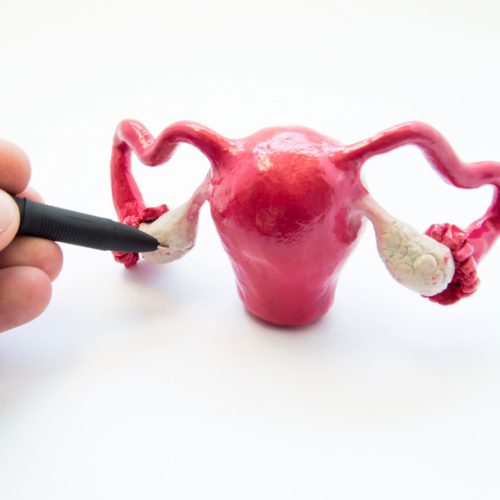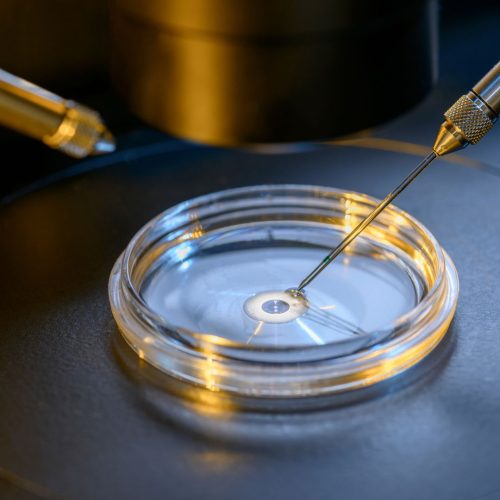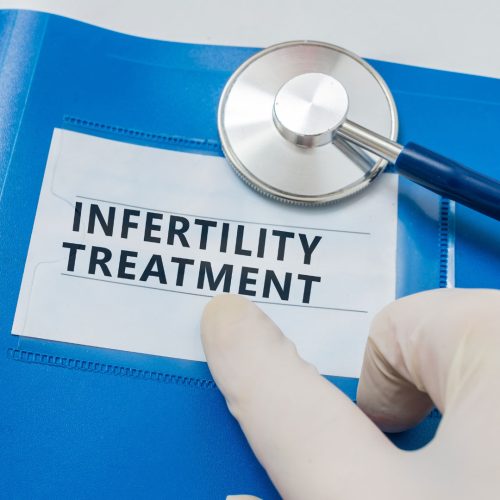Infertility is becoming a growing problem for young couples. Infertility is a result of problems that a male or female partner may have or both of them at the same time.
The problem with men is 30-40% in infertility, in the same percentage of women, and the problem can exist in both partners at the same time in about 20 to 30% of cases.
Symptoms
For most men, the only sign of a low sperm count is the inability to conceive a child (infertility). A couple is considered infertile if they fail to conceive after one year of regular relationships. If there is a hormonal problem in the background of impaired sperm production, you may have other signs, such as decreased body and face weakness, or problems with sexual function.
Diagnosis
A basic infertility test involves at least two adequate sperm count tests. If any changes are observed, the patient is referred to a urologist for examination. The basic test of number, movement and size of sperm. The sample is obtained by masturbation after 2-5 days abstinence. The complete sample must be collected in a sterile container and analyzed 30 to a maximum of 60 minutes after administration. It is recommended to do at least two sperm count tests within few days before reaching any conclusion. If a problem is noted, the patient is referred to a urologist who then decides on the need for additional examination. In addition to sperm count test, which is the basic test, there is a need for other examinations in certain situations. Bacteriological tests, hormonal analyzes, additional sperm count tests and genetic testing. This brief overview of the possible tests used in the study of male infertility is intended only to indicate the possibilities that exist in the examination of potential patients. All tests are seldom needed, and depending on the needs of the tests, the urologist first decides. Unfortunately, no test is reliable evidence that there is a preserved possibility of fertilization. Despite all the analyzes done, it often remains unclear why one couple is unable to procreate.
Therapy
Treatment for infertility can be medicated, surgical or combined. Therapy is conditioned by adequately performed diagnostics. In the last ten years, great progress has been made in the diagnosis and therapy of male infertility. Medication therapy has not changed significantly, but with the refinement of surgical techniques, especially with the introduction of microsurgery, the therapeutic possibilities have been significantly expanded in certain disorders, as well as their success.






